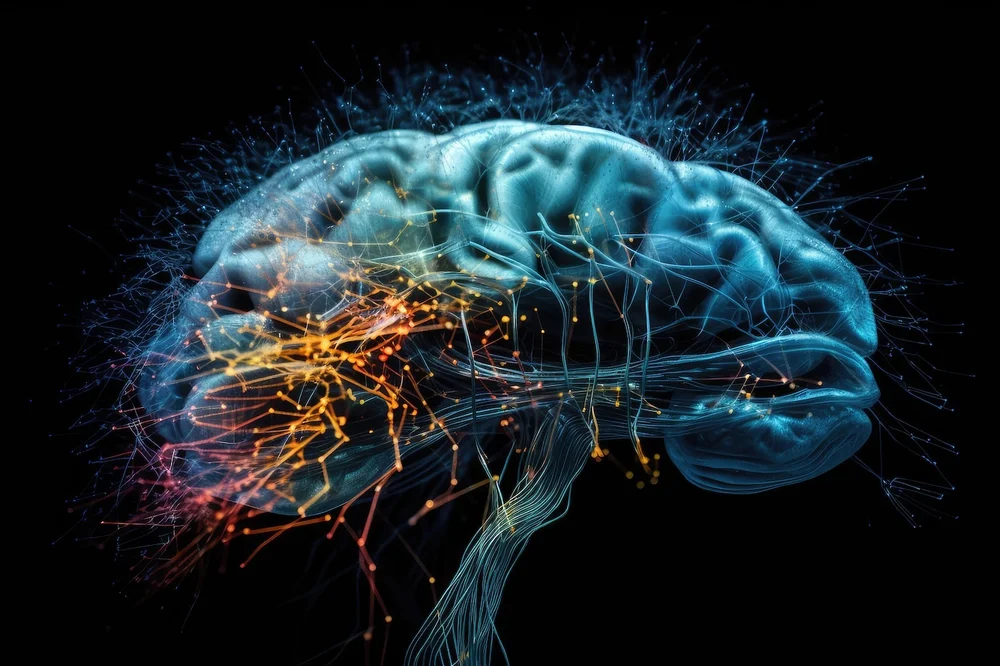What Is Autophagy and How Can It Benefit Me?
Unless you’ve been plugged into the growing popularity of intermittent fasting for health, you probably haven’t heard the term autophagy (aw-TAH-fuh-jee).
What is Autophagy?

It has become trendy in recent years through fasting, diet (such as the Ketogenic diet), and exercise to encourage autophagy for potential weight loss, health benefits, and to promote longevity.
However, medical professionals aren’t fully onboard in touting autophagy for wellness just yet because the research is still very new and inconclusive, and fasting to promote autophagy can be dangerous if it’s overdone.
That said, autophagy appears promising for its implications in slowing neurodegenerative health issues and promoting longevity.
Here’s what you need to know about autophagy and fasting.
The ABCs of Autophagy
All things, living or not, need to be maintained to operate properly. The cells in your body are no different – autophagy is fundamental to the function and survival of cells.
Miraculously, each cell in your body uses autophagy to do the following key tasks, critical to cellular health and function:
- Take damaged cell parts and remake them into functioning parts
- Efficiently discard nonfunctional cell parts that slow down performance
- Destroy harmful pathogens that may cause damage, such as bacteria and viruses
Unfortunately, as with many important bodily processes, autophagy slows with age, causing buildup in cells and compromising their optimal function.
Researchers are currently examining if promoting autophagy in the body, with a biological trigger like fasting, might help to slow down aging and support healthy longevity.
So far, a preliminary invertebrate study indicated that promoting autophagy could be beneficial to longevity in mammals, but more research is needed.
How Autophagy Works
When autophagy is activated, autophagy-related proteins (ATGs) trigger structures called autophagosomes to form and carry the damaged cellular pieces to a part of the cell called the lysosome, which does the duty of digesting these pieces for either new use or energy.
This partial self-consumption is reflected in the word “autophagy,” which translates to “self-devouring” in Greek as “autos” means self and “phagomai” means to eat!
It’s a remarkable recycling system that helps cells to remain healthy and efficient.
What Activates Autophagy
Autophagy happens when your body’s cells are deprived of nutrients or oxygen, or if they’re damaged in some way. When your cells aren’t getting resources from an outside source, they turn to the inward cleansing-recycling process we know as autophagy.
And what’s the best way to deprive cells of nutrients?
Fasting.
While it’s different for each individual, animal studies indicate that autophagy can activate at some point during a 24 to 48 hour fast. More research is needed to determine what the ideal fasting time is to trigger the process.
Of course, there are other ways to bring on autophagy, including the following:
- Restricting calories. Instead of eliminating calories completely (as with fasting), you can restrict them to force your cells into autophagy to compensate for the lost nutrients.
- Adopting a Keto diet. High fat/low carb diets change the way your body burns energy. Instead of burning carbs or sugars for energy, it switches to fats – and this switch can trigger autophagy.
- Exercise. Exercise can trigger autophagy, depending on the type and intensity.
Benefits of Autophagy
Animal studies show that when autophagy is induced in subjects, the lifespan is extended and health is improved during aging. However, it isn’t clear if these benefits extend to humans, but it’s thought that they do. Hence, the popularity of fasting.
Although there’s no evidence that autophagy increases weight loss, research suggests that it may have an effect on hunger-controlling hormones. Indirectly, the hormonal influence may contribute to weight loss as autophagy can decrease appetite.
Some research showed that autophagy activated by fasting resulted in healthier blood sugar and blood pressure levels.
Use Caution
Fasting, calorie restriction, adopting a rigorous exercise routine, or adopting a Keto diet may not be the best health strategies for some people, such as pregnant women or those with blood sugar issues.
It’s recommended that you talk to a healthcare professional before taking measures to trigger autophagy.
At BrainMD, we’re dedicated to providing the highest purity nutrients to improve your physical health and overall well-being. For more information about our full list of brain healthy supplements, please visit us at BrainMD.
- Here Are Some of the Best Tension Release Exercises to Help You Feel Your Best! - April 17, 2024
- Foodscaping: How to Grow Healthy Foods In Your Own Garden! - April 12, 2024
- Eat Your Fruits and Veggies (Don’t Drink Them) - March 29, 2024



